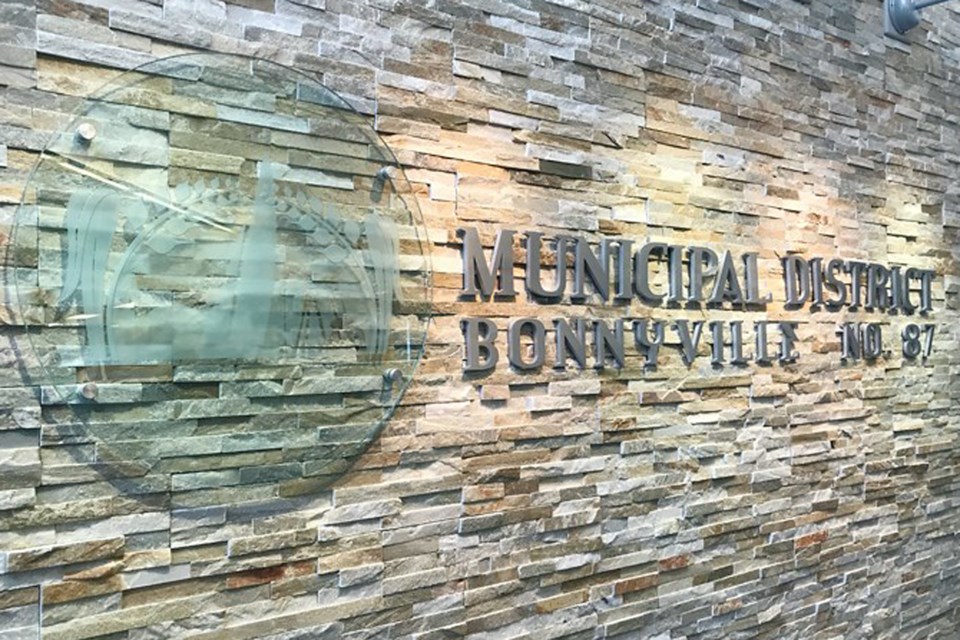BONNYVILLE – The MD of Bonnyville will be sending a letter the province asking for the ability to "enhance the powers of MD peace officers."
“I’d like to look into what we can do with our constables to give them, our peace officers, more responsibility so that they can carry firearms," said Coun. Dana Swigart. "That’s what we’ve heard in discussions from the public Is that they’d like to see that sort of thing.”
However, Coun. Ed Duchesne disagreed, noting he's heard exactly the opposite from residents.
“(All) of the phone calls I received were against our staff having guns."
The topic was brought up during the MD's Aug. 12 council meeting, during a discussion about Alberta's new police funding model.
Previously, the MD had inquired about positions the municipality is already putting money towards, such as administration staff at the Bonnyville and Cold Lake detachments, a crime analyst, the Bonnyville General Investigation Section (GIS) position, and the three Cold Lake GIS positions, known as the Lakeland Crime Reduction Unit (LCRU).
In a response from the Minister of Justice and Solicitor General Doug Schweitzer, he advised that the province will cover the cost of the General Investigation Section (GIS) position in Bonnyville. But, the municipality is still unclear on the LCRU.
With the province agreeing to cover the Bonnyville GIS position, Matt Janz, general manager of environmental and protective services, explained that it won't change the duties but the amount MD was quoted for 2021 may go down slightly as a result.
When it comes to administrative support, the province informed the MD that they won't be considering those positions in the funding model at this time.
In a letter to the municipality, Schweitzer said, “While we recognize the valuable contribution of civilian positions in law enforcement, these positions weren’t taken into consideration in the design of the Police Funding Regulation. The regulations specifically addressed front-line, full-time provincial policing forces, however, as we have heard from a number of municipalities with similar concerns, we’re taking this issue under advisement and will reassess during periodic reviews of the funding model.”
Whether a municipality's existing peace officer programs would be taken into account was a concern raised by council, to which Janz said the province has told them that there are no modifiers for existing peace officer programs.
This led council to discuss the possibility of forming their own police force.
“We do have municipalities within Alberta that have their own police forces already,” noted Reeve Greg Sawchuk. “The problem is that we’re currently under a contract with the RCMP to provide those services but the provincial government appears to be discussing that as well. This might be an opportune time to look at some sort of model that includes both.”
Council directed administration to follow up with the minister about the enhanced positions in Cold Lake. They will also be sending a letter requesting the ability to enhance the powers of MD peace officers, enabling them to answer some of the same calls as RCMP and act as a municipal police force.
The province announced in 2019 that rural and small communities would begin paying for police services. It's a major change from the previous model where the MD fell under the provincial policing contract, with the province covering the costs for rural counties, MDs, and communities with less than 5,000 residents.
The police funding regulation came into affect on April 1. For 2020, the MD will pay 10 per cent of policing costs for a total of $407,789. The phased in approach will see the municipality covering 30 per cent of the bill by 2023 for over $1.2-million.



